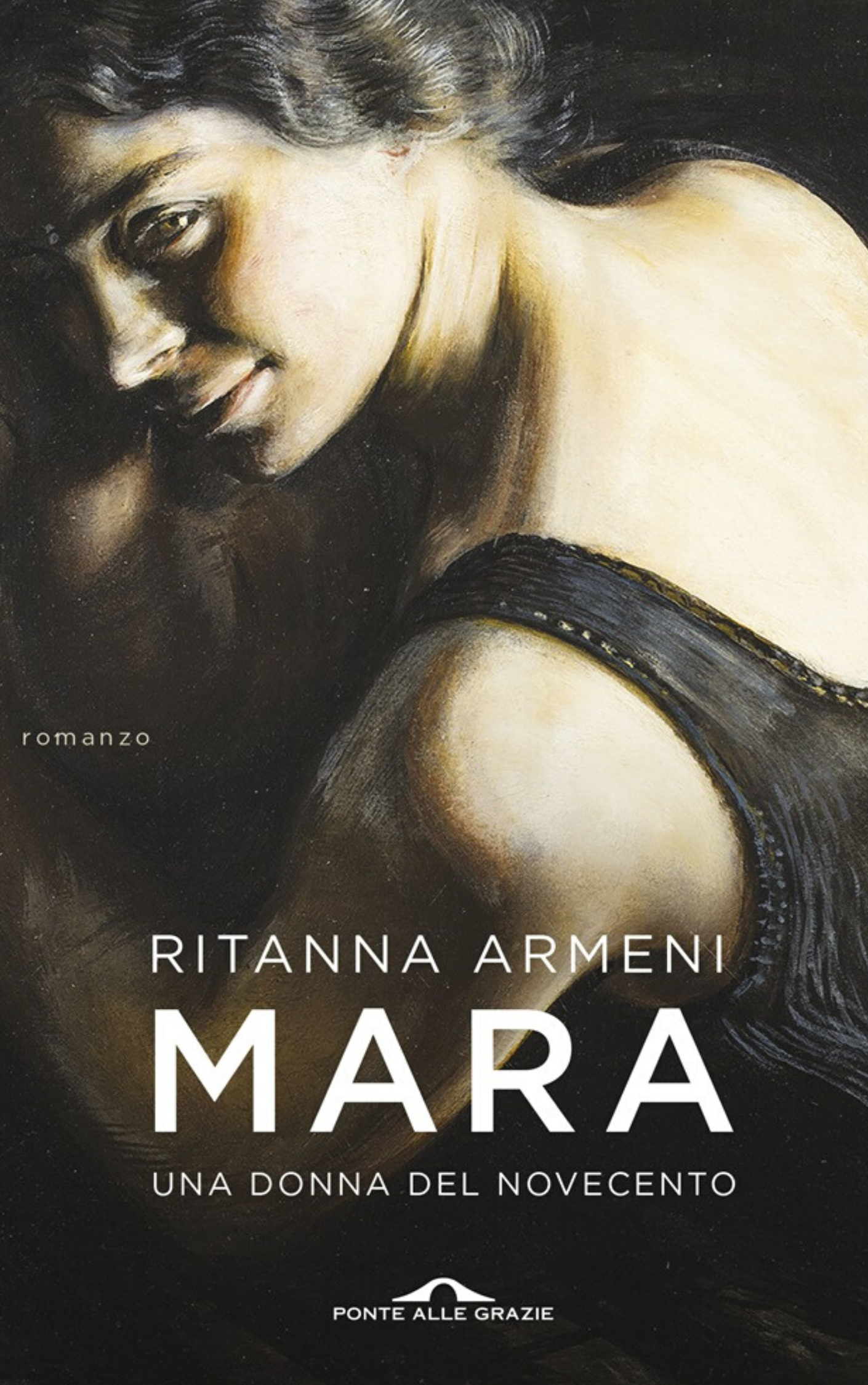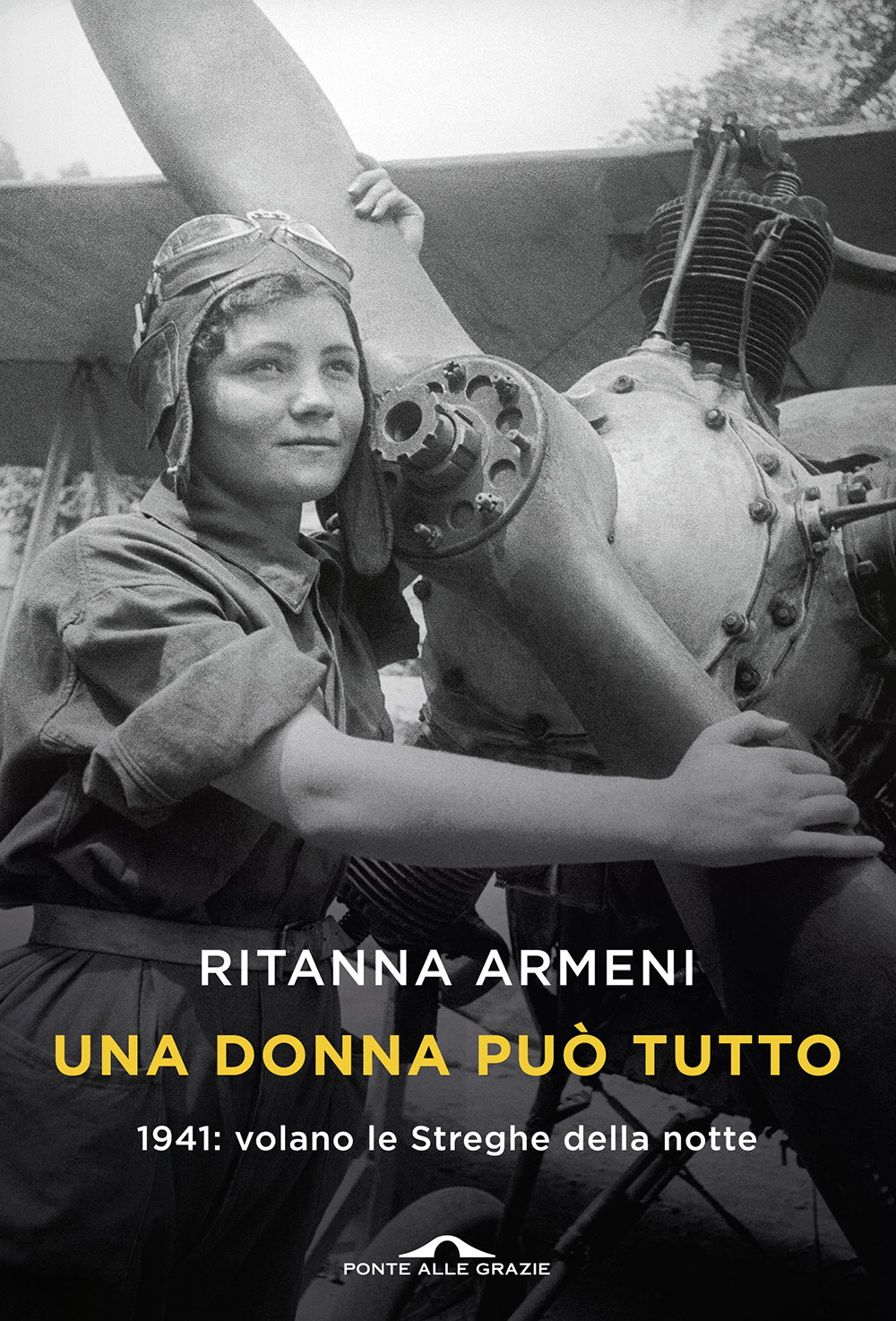Ritanna Armeni was born in Brindisi on July 12, 1947.
She is married, has one daughter and two grandchildren.
She began as a journalist in the 1970s at Noi donne, Udi’s weekly, then moved on to the Manifesto, of which she was among the first editors. Later, after a brief stint at the weekly Peace and War, he worked at the Asca agency and later at the weekly Rinascita directed by Alberto Asor Rosa and then for nine years at Unità. She covered social, political and cultural issues in these newspapers. She was a parliamentary journalist for many years.
She stopped her journalistic work when she became, in 1998, head of the press office of Rifondazione Comunista and spokeswoman for secretary Fausto Bertinotti. He resumed it in 2004 with the hosting on La 7 of Otto e mezzo together with Giuliano Ferrara. He has also conducted many broadcasts on Radio 3. She has written for Il Mondo, Sette, Io donna, Anna and other daily and weekly newspapers. She has been a columnist for Unità, Riformista and Liberazione; Il Caffè, Il Foglio, Messaggero di Sant’Antonio, Rocca and L’Osservatore Romano. He is a columnist on many Rai1 broadcasts. She has been particularly concerned with the “women’s issue” in all its aspects. Her books include The Fault of Women, First Women, Word of a Woman, You Have to Wish the Road is Long (with Fausto Bertinotti and Rina Gagliardi), Two Pacifists and a General (together with Emanuele Giordana) The Shark and the Dinosaur, Of This Love You Must Not Know, The Story of Inessa and Lenin. 2018 saw the release of A Woman Can Do Anything (Ponte alle Grazie), and in 2020 Mara. A woman of the twentieth century (Ponte alle Grazie, 2020). Instead, 2021 saw the publication, again for Ponte alle Grazie, of For the Road is Happiness.
His latest novel is The Second Floor (Ponte alle Grazie, 2023).




